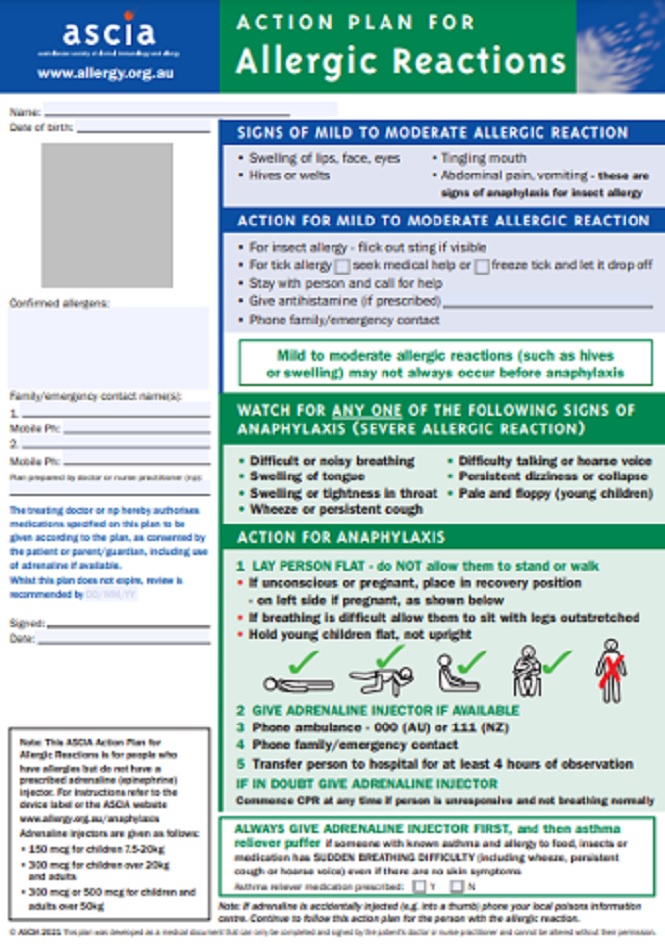The most important part of managing hay fever is to avoid the allergens if possible. Other treatment includes self-care measures, medicines and allergen immunotherapy (AIT).
Self-care measures
Although it is hard to avoid pollens at all, there are things you can do to minimise your exposure when the pollen count is high.
- Stay indoors if possible.
- Keep your windows and doors shut as much as possible.
- Change your clothes and shower after you have been outdoors.
- Vacuum your house and dust with a damp cloth regularly.
- Get someone else to mow your lawn.
- Wear wrap-around sunglasses to avoid pollen getting in your eyes.
- Getting a pollen filter for the air vents in your car and a vacuum cleaner with a HEPA filter.
Medicines
Medicines to treat and help prevent hay fever are available from your doctor or over the counter at your pharmacy. These can be very effective in reducing your symptoms. Keep avoiding your allergen whenever possible, even when taking medicines.
Medicines include:
If you also have asthma, see your GP (doctor) a few weeks before the hay fever season starts. Hay fever can make asthma worse and difficult to control. It may be important to review or make an asthma action plan.
Allergen immunotherapy (AIT)
Immunotherapy may also be an option if your symptoms are severe and the allergen is difficult to avoid. Immunotherapy works by changing the way your immune system reacts to allergens. Your doctor gives you a very small amount of an allergen you are allergic to over a period of 3–5 years. Immunotherapy can be given under your tongue, into your nose or by an injection.
The aim of immunotherapy is to make your body develop tolerance to a particular allergen. Immunotherapy does not work for everyone and you must consult your doctor or allergen specialist about whether it is right for you.
Apps reviewed by Healthify
You may find it useful to look at some Self-management and healthy living apps.









